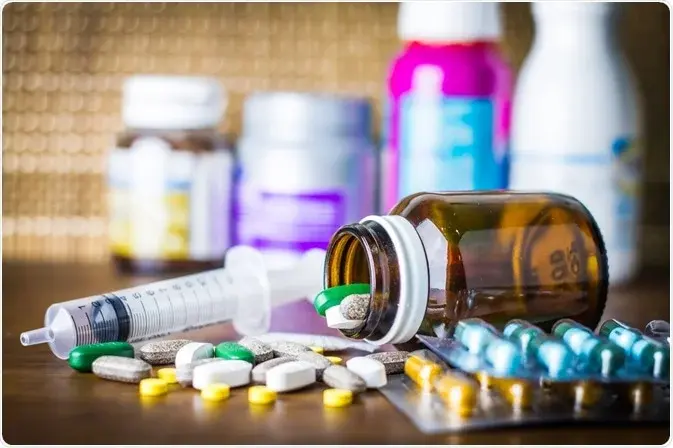Taking drug war to the campuses

The recent meeting between the Chairman/Chief Executive of the National Drug Law Enforcement Agency, NDLEA, Brig-Gen. Mohamed Buba Marwa (rtd), and the Minister of Education, Dr. Maruf Olatunji Alausa, on tackling substance abuse among Nigerian youths in higher institutions is a welcome step in confronting a deepening crisis.
Nigeria’s university campuses, which ought to be citadels of learning and moral discipline, are increasingly under siege from drug abuse. From cannabis joints hidden in dingy hostel corners to the open trade of hard drugs, the menace is growing. Beyond the campuses, addiction to substances such as cannabis, tramadol, crystal meth, and other synthetic psychotropic substances grips millions of young Nigerians. The NDLEA’s reports paint a grim picture: most victims are under 35.
The consequences are devastating: violent and inhuman crimes, cultism, poor academic performance, mental health breakdown and broken families. The economic toll is equally staggering. Prevalent campus cult violence informed the decision by the NDLEA and the Federal Ministry of Education, FME, to introduce compulsory drug integrity tests for students and include drug education in secondary school curricula.
The logic is clear: a nation whose youths are incapacitated by addiction cannot hope for sustainable development. Yet the proposal has met criticisms from education stakeholders who call compulsory testing “misplaced”, “unsustainable”, and “lacking scientific basis”. They warn of privacy violations, labelling, and long-term damage to students’ academic and social standing, especially in a country where trust between citizens and institutions is already fragile.
These concerns are valid, no doubt. But they pale in significance and relevance when compared with total lack of monitoring and control of drug abuse in our tertiary institutions. In an era where peer pressure, cultism, and academic stress fuel reckless drug experimentation, testing could serve as a deterrent. The mere knowledge that random checks are possible might stop some students from taking that first step towards addiction.
Early detection is crucial. A student identified at the initial stages of drug use can be counselled, rehabilitated, and reintegrated before the habit hardens. Drug testing could also help curb campus crime.
However, if Nigeria adopts drug testing, it must be handled with balance and sensitivity. It should form part of a broader anti-drug strategy involving intensive awareness campaigns, mental health support, peer mentoring, and accessible rehabilitation. The goal must be to save lives, not ruin reputations.
Universities are custodians of the nation’s future. They cannot stand idle while narcotics erode the potentials of young Nigerians. But they must refrain from foisting a climate of fear that alienates the very people they aim to protect. We urge parents to take active interest in this NDLEA and FME collaboration and encourage their children to embrace it.
The minds we save today will shape the country we live in tomorrow.
The post Taking drug war to the campuses appeared first on Vanguard News.







